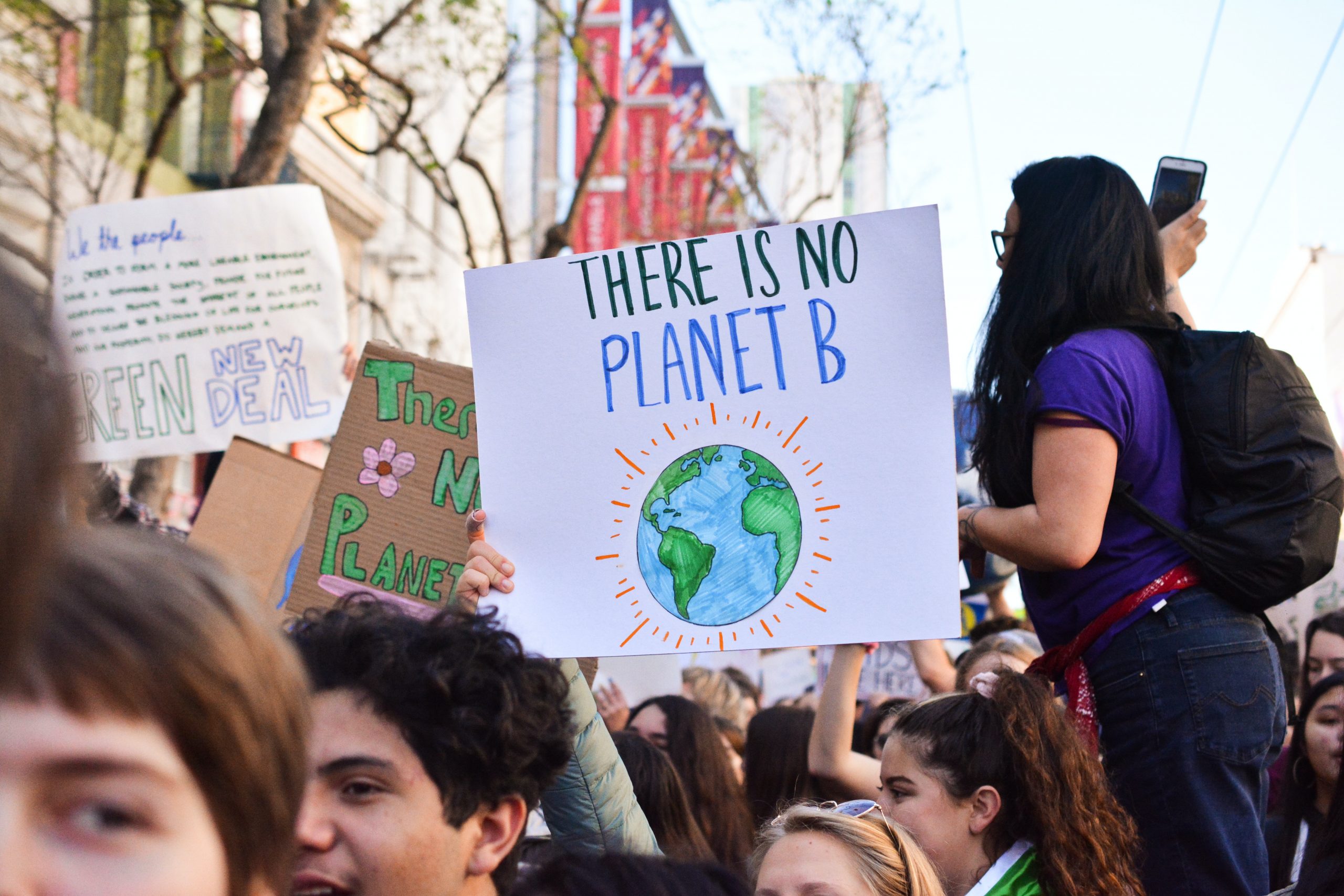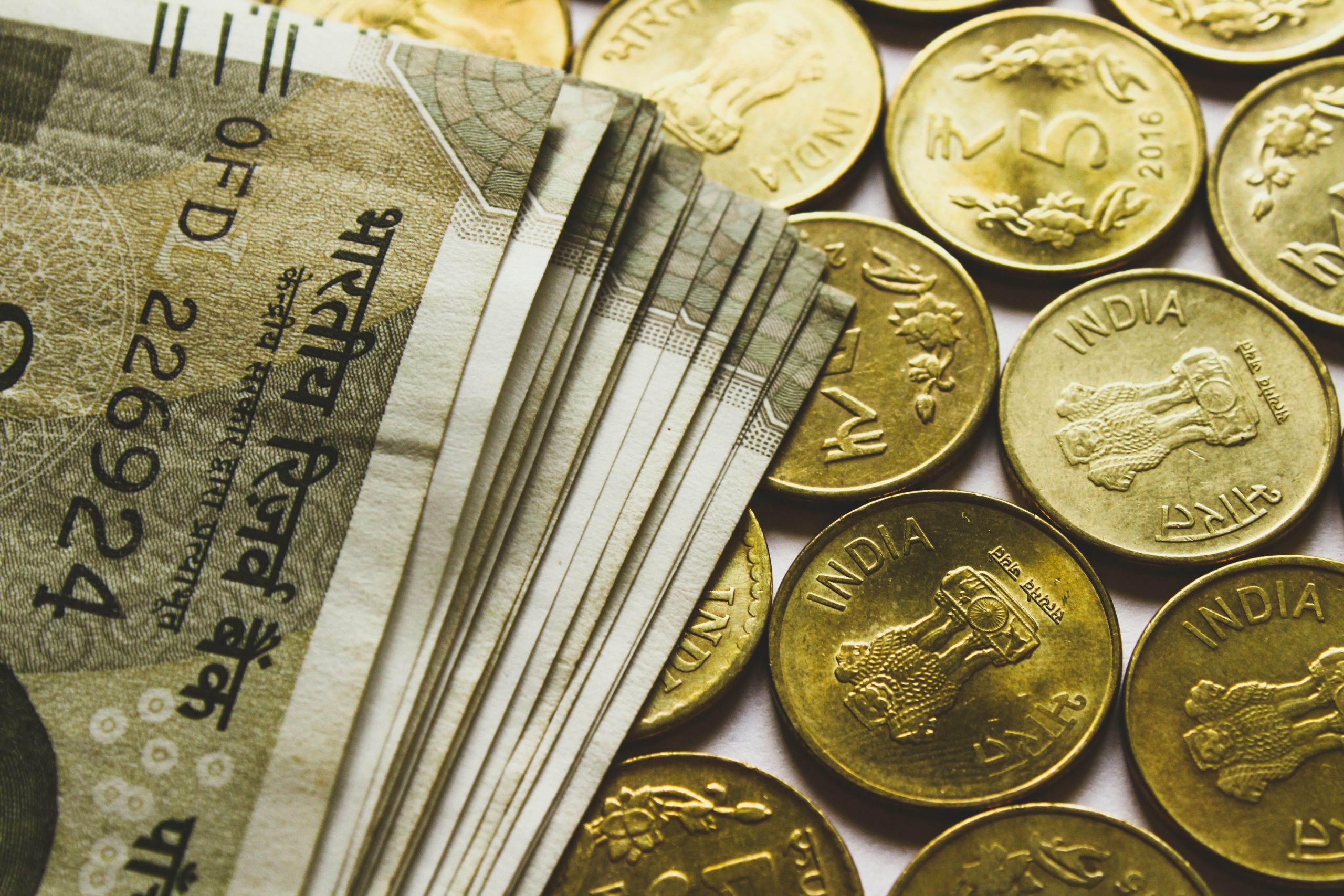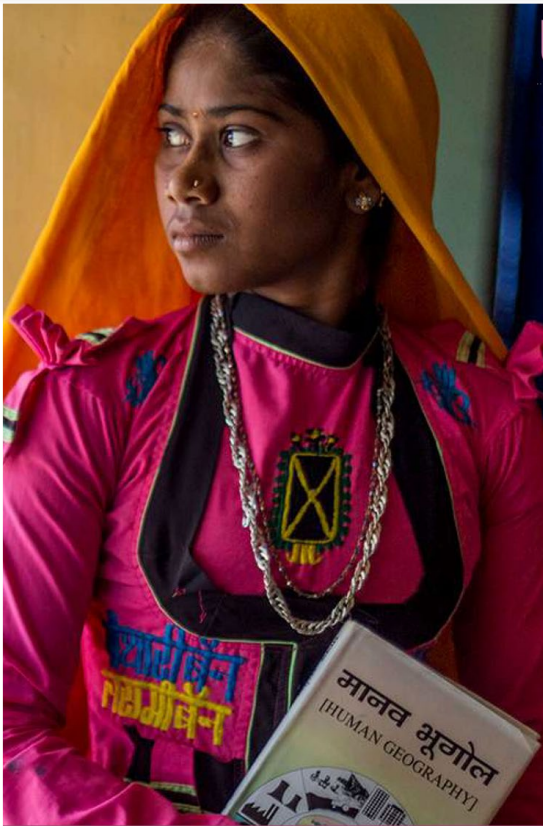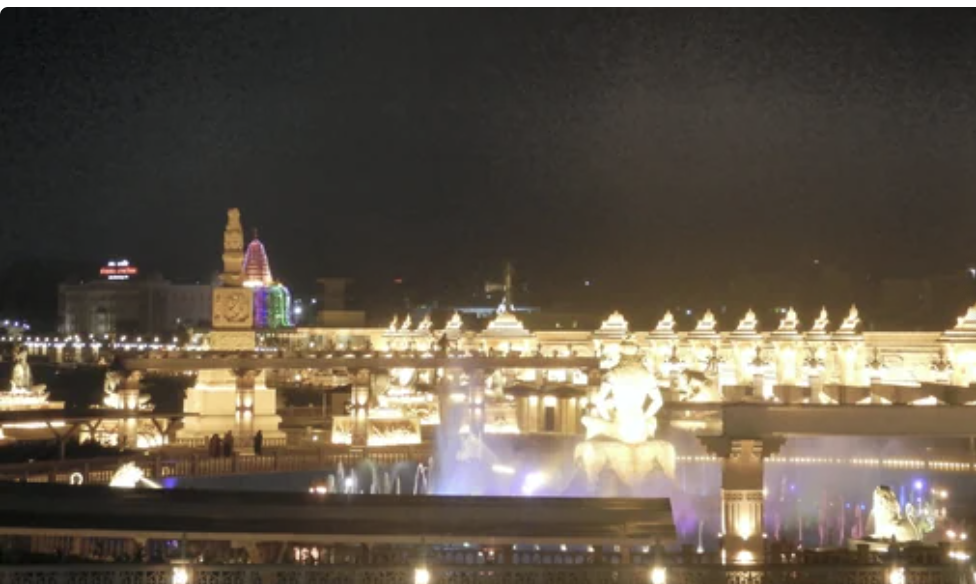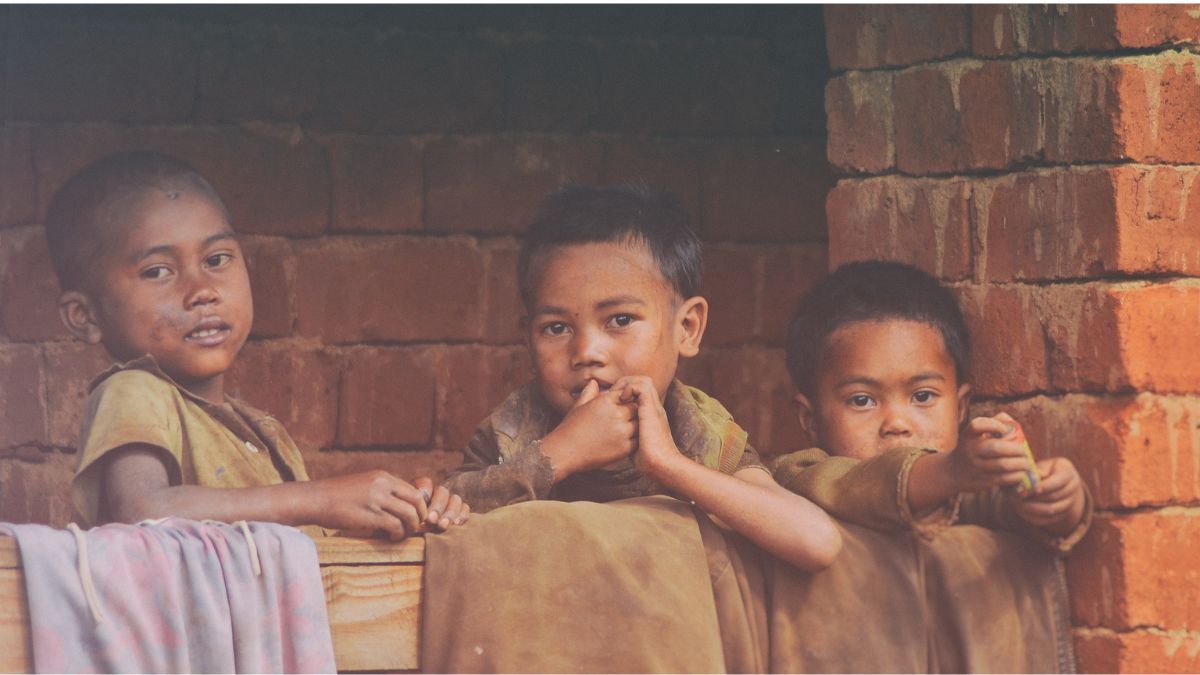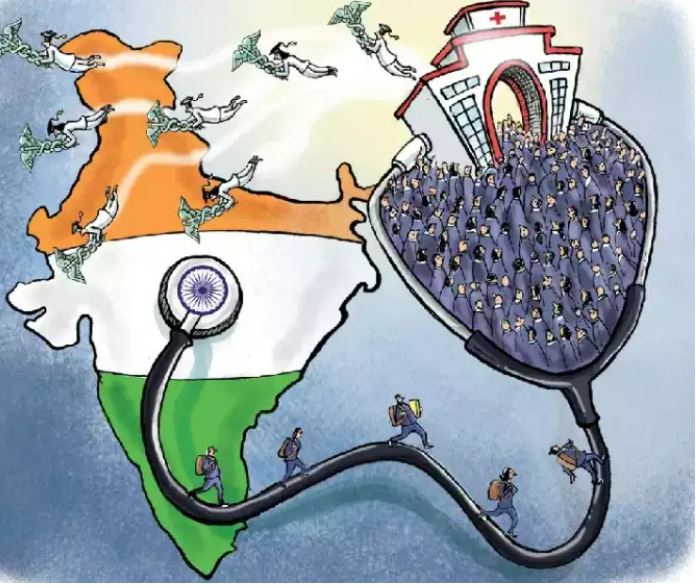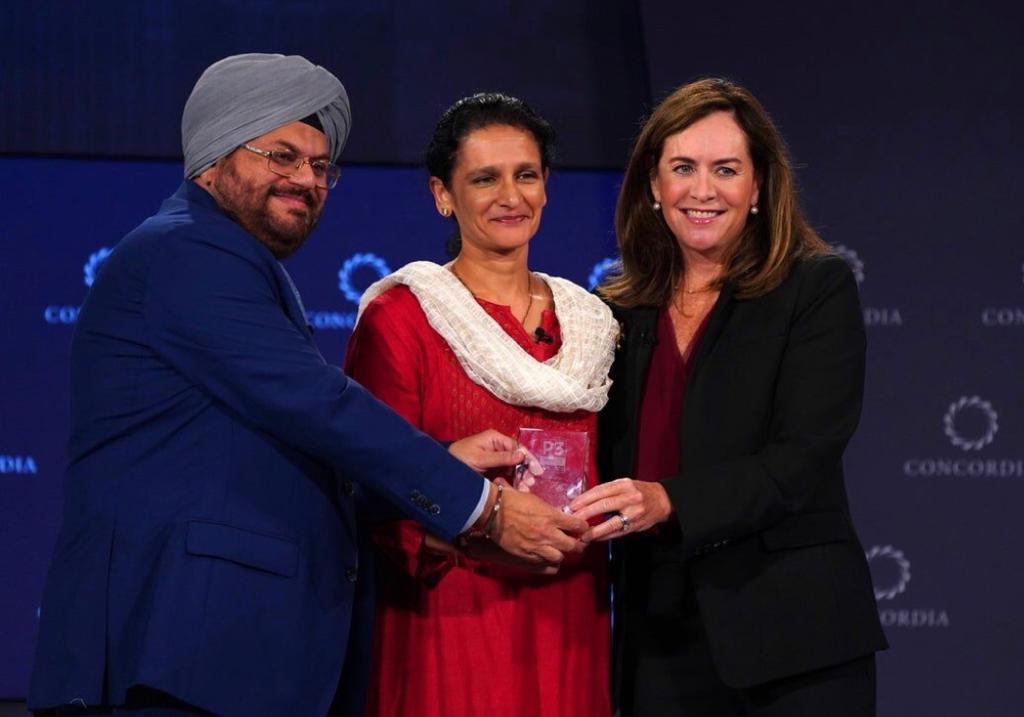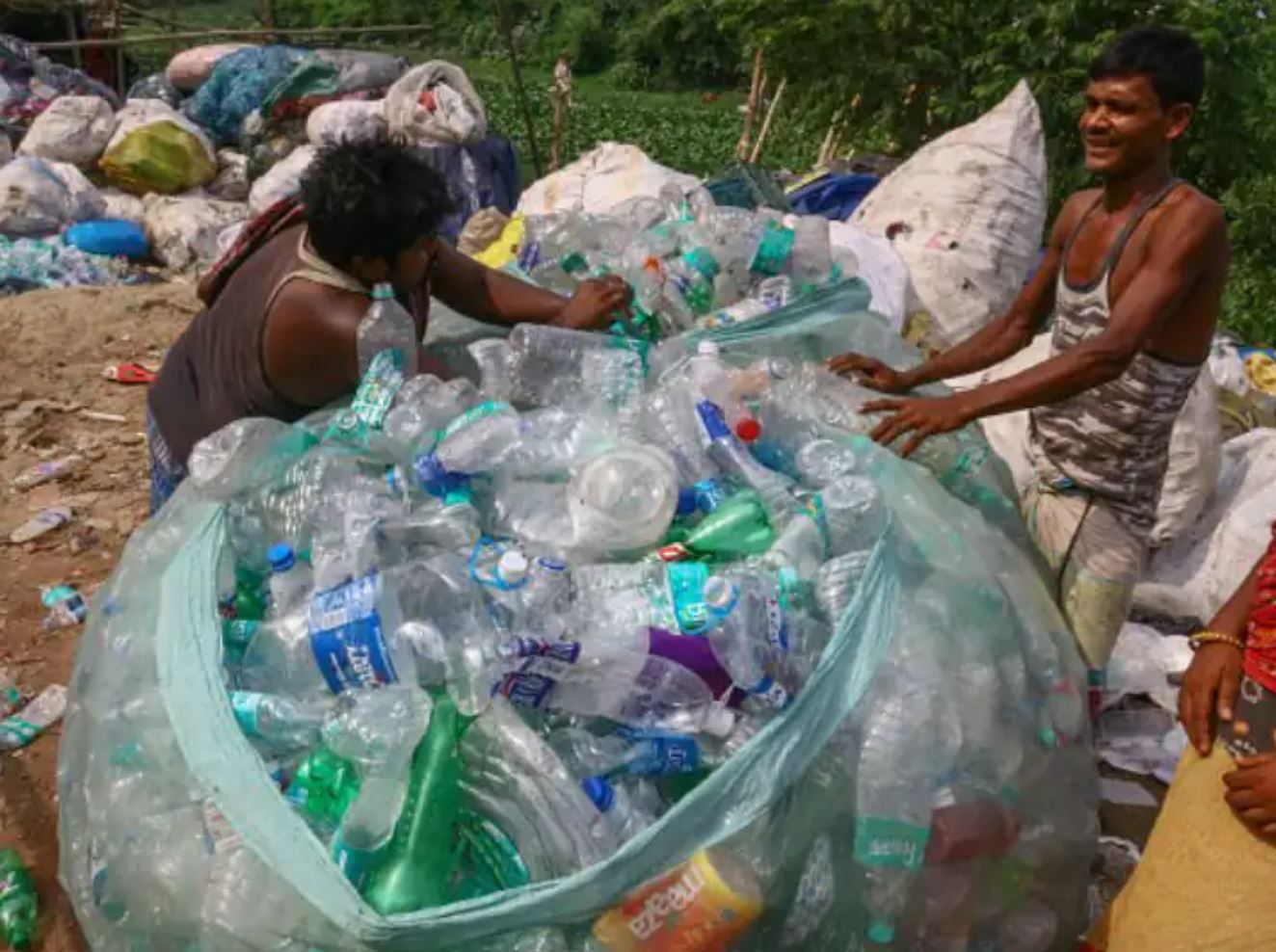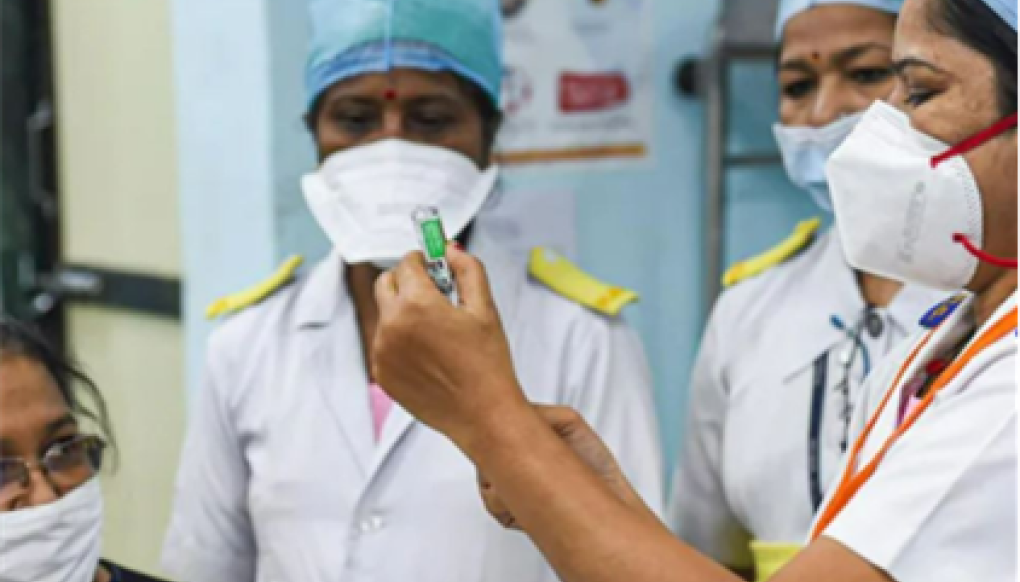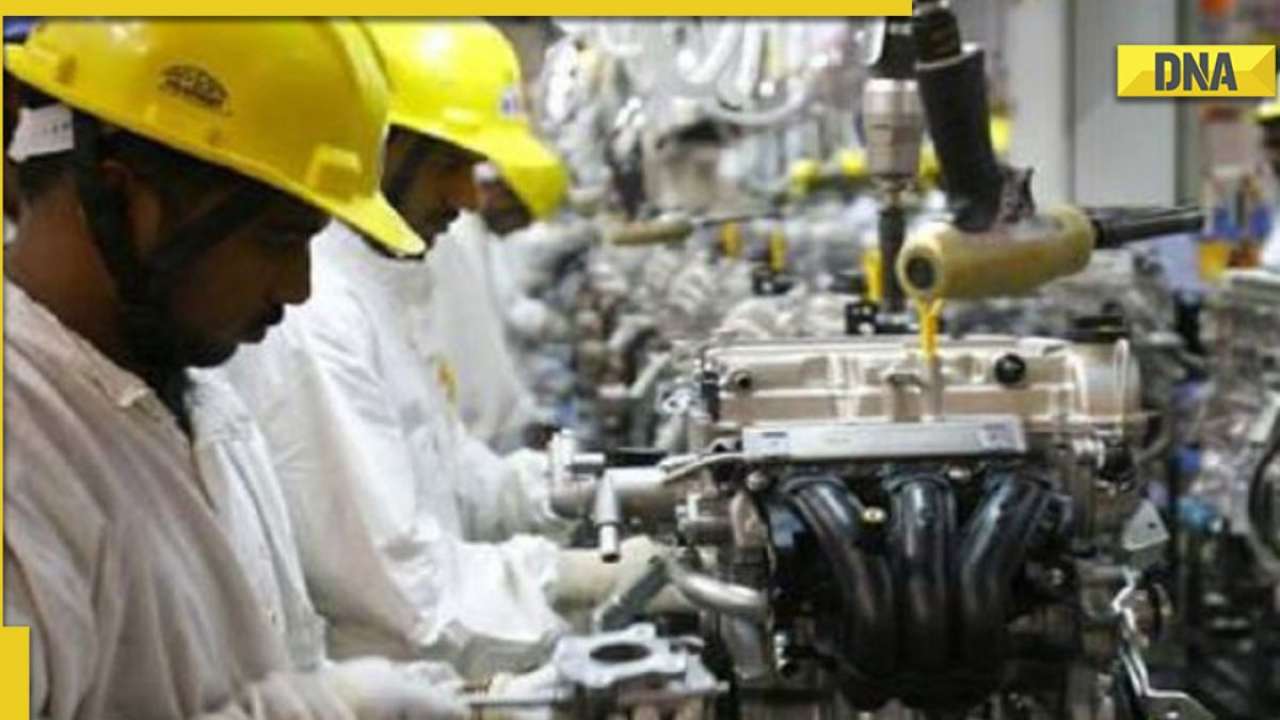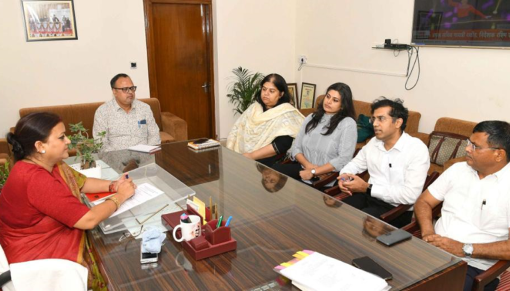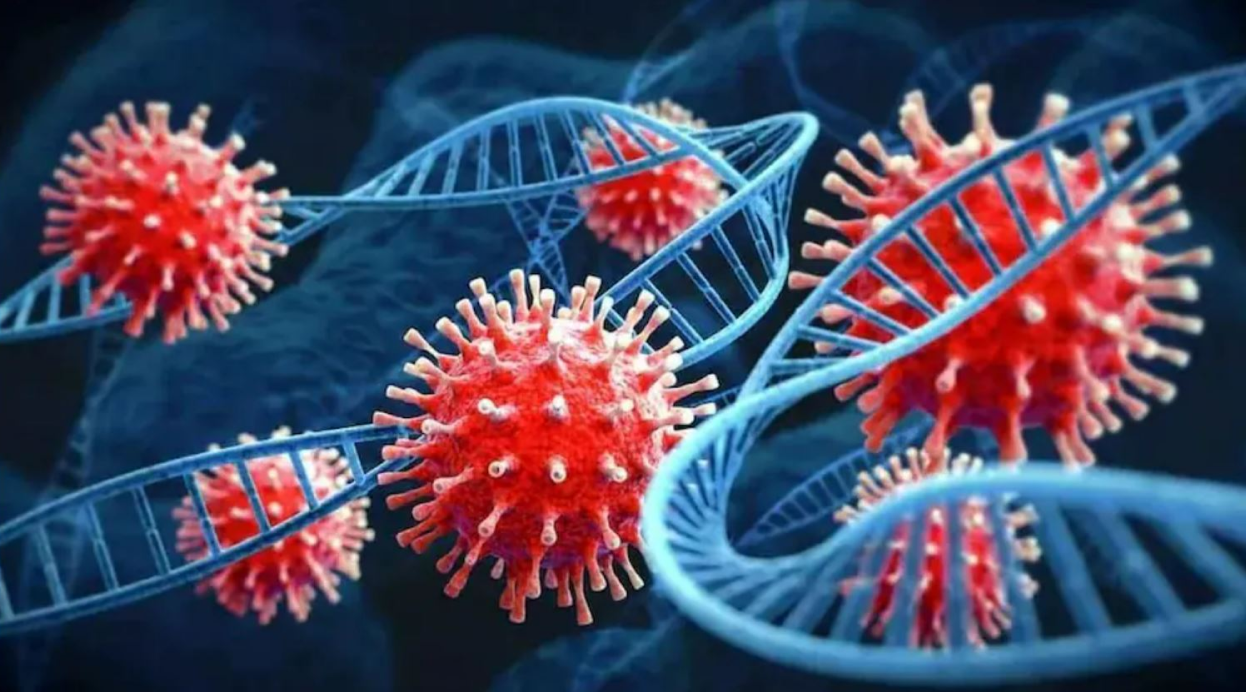India is conscious of the challenges posed by the Trans-Pacific Partnership (TPP), a trade agreement inked last year among 12 Pacific Rim countries, which are comparable to the tough challenges the country had to face post the 1991 economic liberalisation, Commerce Minister Nirmala Sitharaman said here on Monday.
Addressing a talk on the TPP and India, she said: “India will have to cope with the challenges (of TPP), which are as much as the challenges post ’91, when the opening up of the economy led to a lot of doubts.”
Sitharaman said that though the 12 countries had inked the US-led trade accord, it has yet to be ratified by the parliaments of each country. She said that Canada has a new government under the Liberal Party, with Justin Trudeau taking over as prime minister after the TPP was inked in October. Australia too saw a change in leadership with Tony Abbott giving way to Malcolm Turnbull after the accord was inked. “Every country will do a churning of the waters of the TPP before presenting it to parliament,” she added.
She said the 12 countries together comprise 34 per cent of the world GDP, and seven of the countries are also part of the Regional Comprehensive Economic Partnership (RCEP) trade agreement, which is being negotiated between the 10-member Association of South East Asian Nations (ASEAN) and its six trade partners — India, Japan, China, South Korea, Australia and New Zealand.
The Transatlantic Trade and Investment Partnership (TTIP), which is being negotiated between the US and the 28-member European Union, would comprise 43 per cent of global GDP while the RCEP would comprise 29 per cent of GDP. She said together, if one removes the overlaps, the multi-lateral trade agreements comprise of 51 countries.“It will mean that 51 countries will have a framework to sops to bring duties down and trade among themselves… But it will see a large chunk of countries being left out,” she said.
Sitharaman said that India “underlines the importance of the World Trade Organisation (WTO)”. “We find its legislations are far more transparent and all are treated as equal… Every trade agreement will have to be subsumed under the WTO. And WTO is the one to settle disputes,” she said.But the worrying factor is that the TTP and the TTIP talk of going beyond the WTO. “What will happen to the dispute settlement mechanism… answers to such questions will have to be found,” she added.She said India is engaging closely with RCEP negotiations and has made its offer. “Now we have to get into crunching of details,” she said at the event organised by IPE Global and the CII.She said that even if India is not part of the TPP it does not mean that India is out of plurilateral trading agreements.
Sitharaman said India is also pushing with “certain earnestness” regarding Free Trade Agreements, including with Canada, Australia and the European Union.With Canada nine rounds are over and the 10th round is on, while with Australia, she said, seven rounds of negotiations have taken place and both sides have exchanged lists. With the EU, she said that one round of stock taking has been done. “We want to complete it,” the minister stressed.
“India is not just watching (the TPP and TTIP), we are ensuring we are moving in the right direction,” she said.She said India is also pushing to get into the Asia-Pacific Economic Cooperation (APEC), a forum for 21 Pacific Rim member economies. She said the US has backed India’s membership of the APEC. “The APEC is another way we are making sure we are not out of the dynamics of world trade.”
She said if India has to match up to the TPP and TTIP standards, including of quality control, which are set by the US, then “there is lot of work to do”.She said the TPP is likely to affect Indian exports in leather, plastics, textiles and apparel, while there would be a surge in imports. “We are looking to see what we should do to meet this challenge,” she added.Sitharaman said that the mega trade agreements would also pose challenges to India’s lead in the pharma sector and to the socialist framework of both India and China.She suggested that her ministry and the ministry of external affairs could both work together to find out the policies of the TPP over the next six months.
She was addressing the launch of a book titled “TPP and India: Implications of Mega Regionals for Developing Countries”. The event was also addressed by CII chief Chandrajit Banerjee, and Tamar Bello of DFID India.





